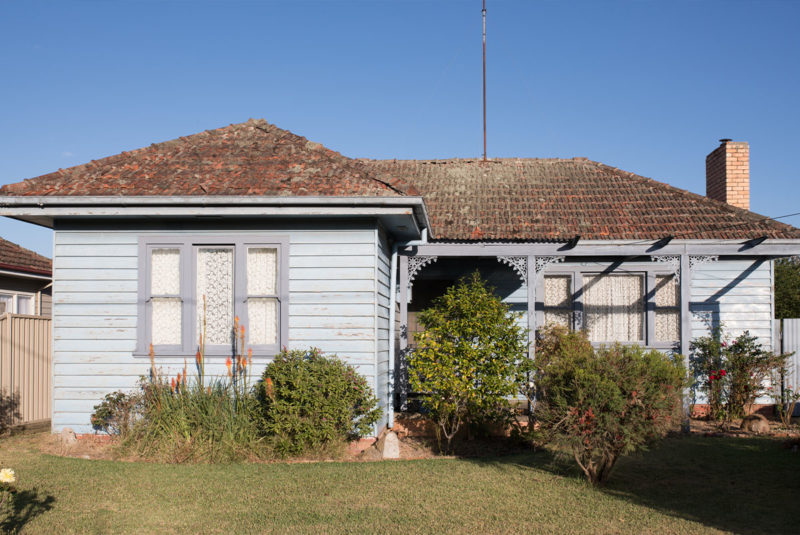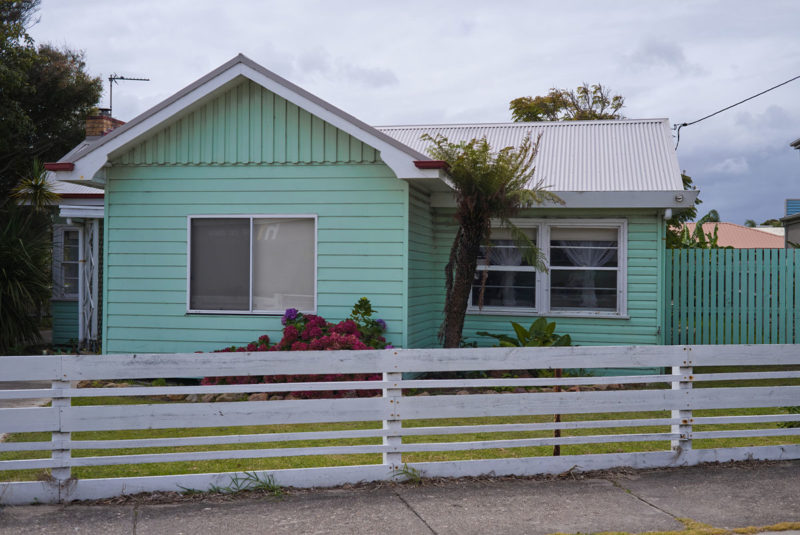Ready To Buy a Home?
Get Approved to Buy a Home
Rocket Mortgage® lets you get to house hunting sooner.
Maybe you’ve successfully purchased your first home – and now you’re hooked. You’re determined to grow your real estate investments. That could mean creating a rental portfolio or buying a vacation home (or homes).
Since you managed to get approved for your first mortgage, getting approved for a few more should be straightforward, right? The short answer is maybe. Depending on the number of properties you want to be financed, the requirements to qualify for mortgages get stricter.
While owning multiple properties can be a great way to grow your investment portfolio, make sure you understand what you’re getting into before you start building your real estate empire.
Is There a Limit to How Many Mortgages You Can Have?
After the 2008 housing crisis, the Federal National Mortgage Association (aka Fannie Mae) cracked down on the maximum number of mortgages an individual borrower can qualify for and got more stringent on lending requirements for multiple mortgages. Fannie Mae allows individual borrowers to finance up to 10 conventional mortgages.[1]
But just because you can get up to 10 mortgages, doesn’t mean you’ll qualify for 10 mortgages.
The more mortgages you qualify for, the higher your debt will grow and the higher risk you might pose to a lender. Lenders will likely be reluctant to approve you for additional mortgages unless you’ve got a stellar credit history and a significant amount of cash reserves.
How To Qualify for Multiple Mortgages
Getting approved for additional mortgages after your first mortgage will almost always come with extra challenges, but the mortgage and lender requirements to qualify for multiple mortgages change based on whether you’re trying to qualify for financing on your first four properties or you’re trying to qualify for financing on more than four properties.
Qualifying for 6 or fewer mortgages
Financing six or fewer mortgages is the most common multiple mortgage scenario and generally comes with less stringent qualifications. Fannie Mae’s requirements for each additional home loan up to six are typically the same as the requirements to finance your first mortgage.
To get approved for a second property (or up to four properties), your lender will likely want you to have:[1]
- A good or excellent credit score (670 or higher)
- A loan-to-value (LTV) ratio less than 80%
- Demonstrated rental property performance and good cash flow and reserves
- Proof of income, financial statements, income tax returns or property lease agreements
- Information about other existing mortgages
An investment property for rental, vacation or any purpose other than a primary residence rules out a few financing options. If you’re not living on the property, you won’t be able to qualify for Federal Housing Administration (FHA) or Department of Veterans Affairs (VA) loans that come with lower credit score and down payment requirements. You’ll probably also have to deal with higher mortgage rates for investment properties.
Meet with your local bank or mortgage broker to discuss the requirements for your situation.
Qualifying for 7 – 10 mortgages
It’s uncommon for a borrower to have more than six financed properties. Fannie Mae requires a credit score of 720 or higher to qualify for 7 – 10 mortgages. Other than the higher credit score, the standard requirements for 1-6 mortgages apply:[1]
What To Consider Before Getting Multiple Mortgages
If you can get approved for multiple mortgages, consider the advantages and disadvantages of taking on so many financed properties. Take a good look at your finances and your financial goals before financing another property.
Financing multiple mortgages is a serious, costly, time-consuming undertaking – but it can come with rewards. Check out some of the pros and cons.
Pros of multiple mortgages
- Aside from covering down payments and closing costs, you don’t need that much cash on hand to get approved (though it helps to have a lot of money saved). Once you have multiple investment or rental properties set up, you can organize and optimize your operational costs and payments.
- If you have enough equity, you can potentially use the equity to help pay for the additional properties with a home equity line of credit (HELOC). When you use equity instead of your cash reserves, that frees you up to use your extra investment or rental income in more efficient ways.
Cons of multiple mortgages
- In addition to higher down payments and interest rates, multiple mortgages come with added risk. If your income drops or your cash flow decreases, you may be on the hook for continuing to pay off a huge amount of debt. This puts you at risk for foreclosures and big hits to your credit score.
Managing multiple mortgages
- You’ll have a complex repayment schedule to manage with multiple mortgages. To effectively manage your mortgages, establish a system that helps you keep track of your repayments and their amounts. Try and stagger payments throughout the month so all your payments aren’t taken out of your account all at once, and your cash reserves never get too low.
- You can also explore the best financing options. Do you have a relationship with a local lender that you can leverage? Perhaps your best strategy is to use different lenders, both local and national, to spread your risk.
Alternatives To Financing Multiple Mortgages
Applying for multiple conventional mortgages isn’t the only option you can take advantage of to finance properties. Consider the following alternatives to expand your real estate portfolio:
Blanket loans
A blanket loan or mortgage is a single mortgage you use to finance multiple properties. With a blanket mortgage, each financed property serves as collateral on the loan. Property investors and developers often opt for blanket loans because they offer the same interest rate across all the properties.
Although its requirements can be stricter, the process of getting a single blanket loan can sometimes be easier than qualifying for multiple mortgages. Blanket mortgages also include clauses that allow you to sell properties financed under the loan while keeping the mortgage intact.
Cash-out refinance
A cash-out refinance is a mortgage alternative that lets you use the equity in your other properties to buy more properties. By borrowing more money than you owe on a property with equity, you can use the difference as cash to apply to other investment properties.
The refinance replaces the old mortgage with a new one, so you’re still only managing one payment on the original property. You just need to have enough equity in the old property to fully fund the purchase of the new property.
Hard money loans
Hard money loans are issued by individuals or private companies. These nonconforming loans use properties or assets as collateral and are intended for short turnarounds. They typically come with less stringent approval requirements but higher interest rates and shorter repayment periods.
Although these loans can be helpful, the high interest rates and shorter terms (usually a few years) may make them less appealing than other options.
Portfolio lenders
If you’re struggling to meet the qualifications for conventional mortgage loans, a portfolio loan might be a good option. Portfolio loans are a type of mortgage issued by traditional lenders, like your local bank, credit union or online lender. The lender keeps the loan in-house within their range of investment holdings.
Because the loans are kept in-house, lenders can set more flexible terms, such as lower credit score requirements or lending money to self-employed borrowers. However, less strict approval requirements can also mean the lender sets higher interest rates and less flexible payment terms.
Are Multiple Mortgages Right For Me?
Although an individual borrower can get up to 10 mortgages, you may not want to (or be able to) finance 10 properties with 10 conventional mortgages. It’s important to think strategically when it comes to financing and to consider advantageous funding alternatives.
Get approved to buy a home.
Rocket Mortgage® lets you get to house hunting sooner.
The Short Version
- Fannie Mae currently limits the amount of conventionally financed properties in your name to 10
- The requirements you’ll need to meet to finance your first four properties are different from the requirements you’ll need to meet to finance more than four properties
- Financing multiple properties is a great way to grow your investment portfolio, build rental income or get a vacation home
Fannie Mae. “Selling Guide.” Retrieved March 2022 from https://selling-guide.fanniemae.com/Selling-Guide/Origination-thru-Closing/Subpart-B2-Eligibility/Chapter-B2-2-Borrower-Eligibility/1032996271/B2-2-03-Multiple-Financed-Properties-for-the-Same-Borrower-09-01-2021.htm




